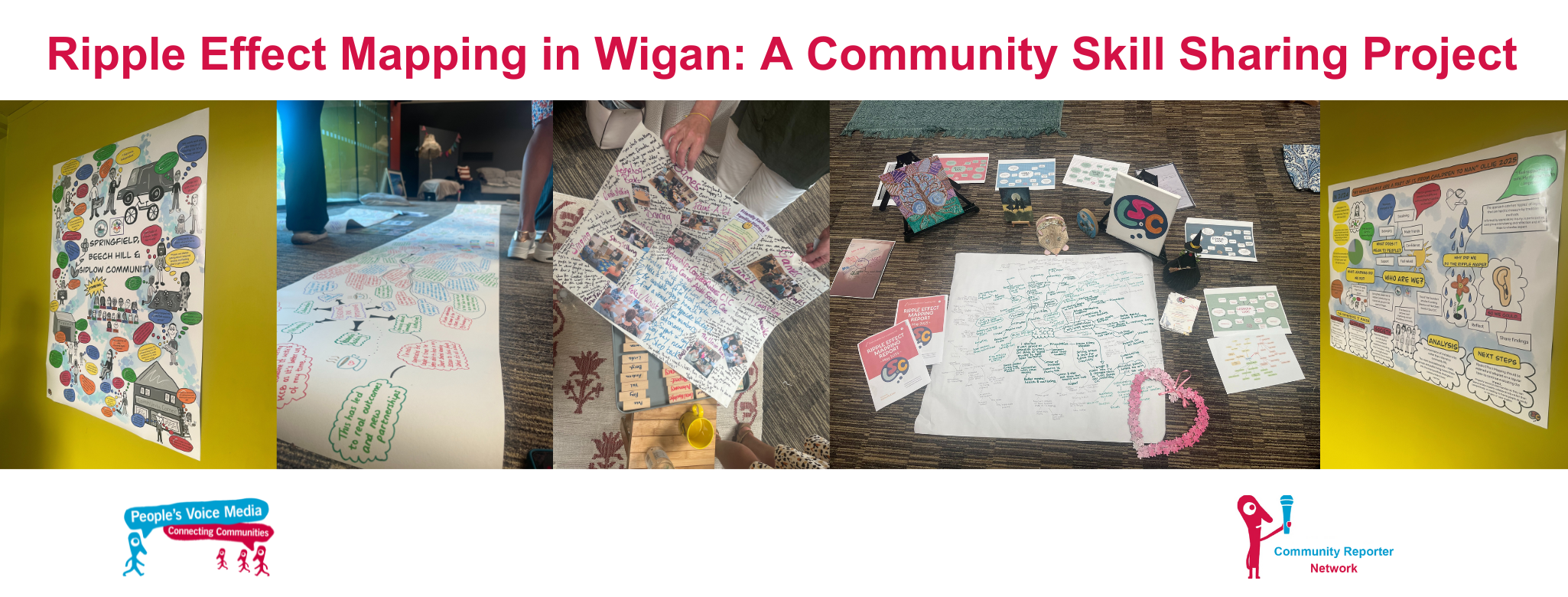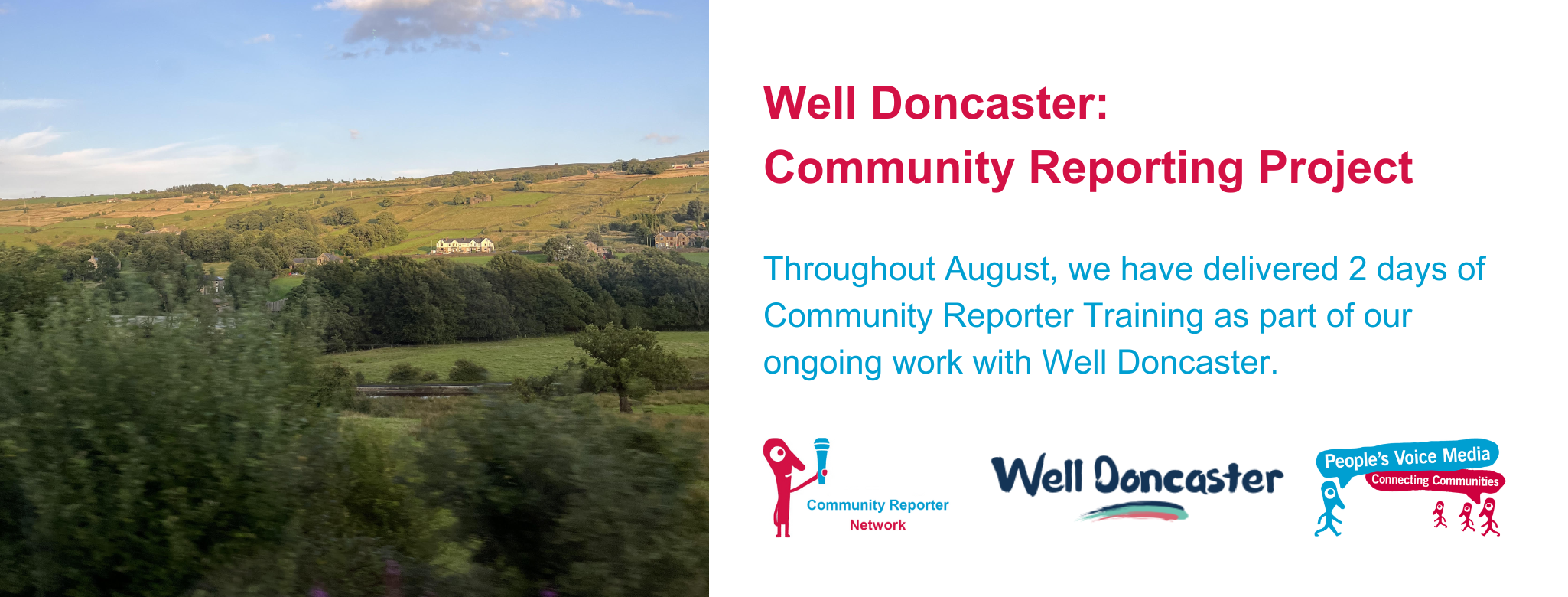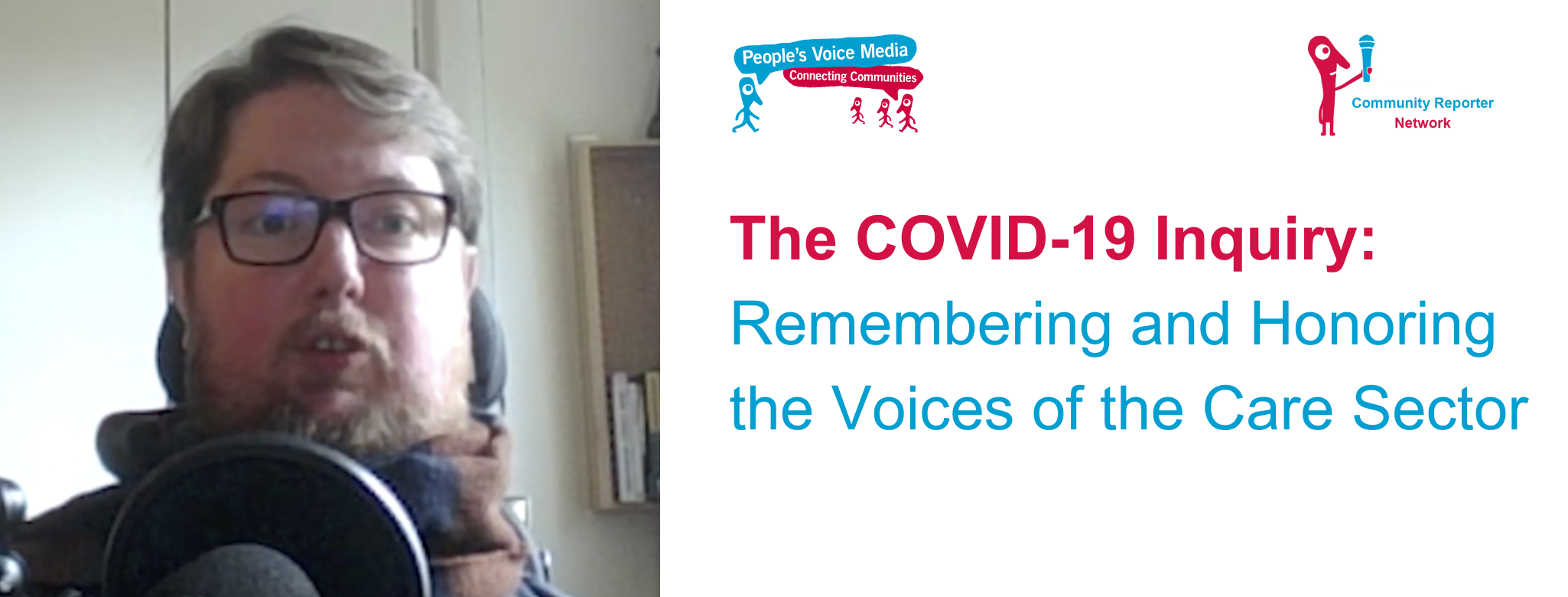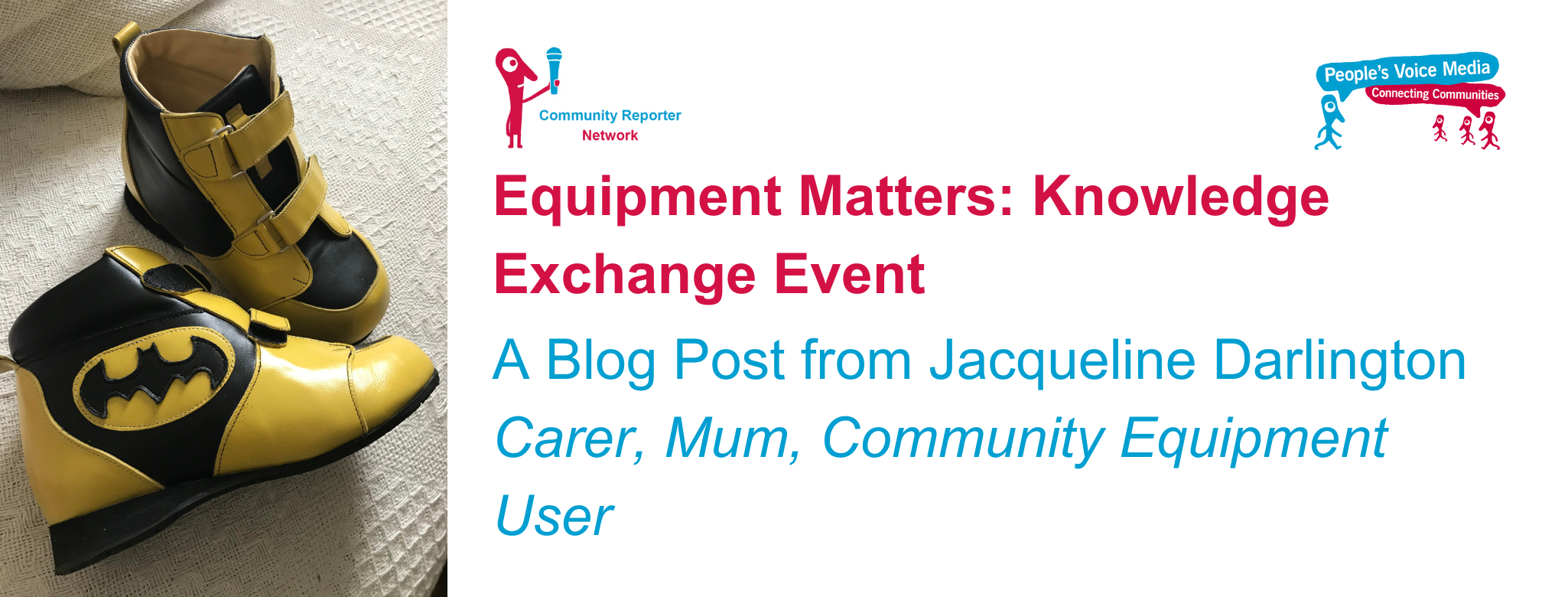WE ARE EXCITED TO LAUNCH THE ‘FUTURE CHANGE MAKERS’ PROJECT
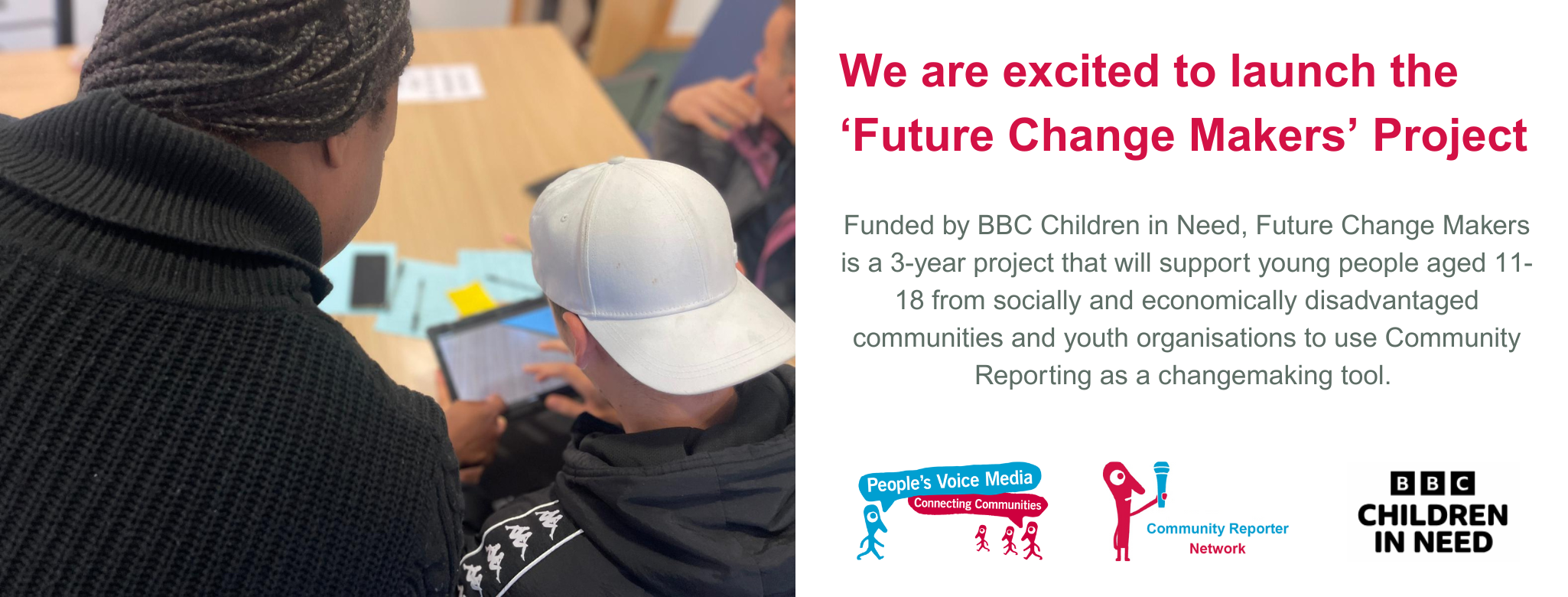
Funded by BBC Children in Need, Future Change Makers is a 3-year project that will support young people aged 11-18 from socially and economically disadvantaged communities and youth organisations to use Community Reporting as a changemaking tool.
The project aims to provide young people and youth organisations with skills to create narratives on issues affecting their lives and communities and applying these skills to lead small-scale social action projects. As well training young people we will also run Train the Trainer training supporting youth professionals to deliver Community Reporting training in the future making it sustainable and creating a world of ‘narrative change’ possibilities.
Alongside the training and supporting youth organisations to use Community Reporting as a changemaking tool, the project will establish a sub-network – the Young People’s Community Reporter (YPCR) network – within the existing Community Reporter network. The YPCR network will also support existing young Community Reporters who are already trained, providing opportunities for further capacity-building and consolidation of skills.
The project has started recruiting organisations for the 3-year programme. We will be kicking off with the first group, Army of Kindness in Rochdale in October. We are looking for organisations that work with disadvantaged children and young people to join us in the exciting project.
If you are interested in getting involved or finding out more, please contact Kath at kath@peoplesvoicemedia.co.uk
